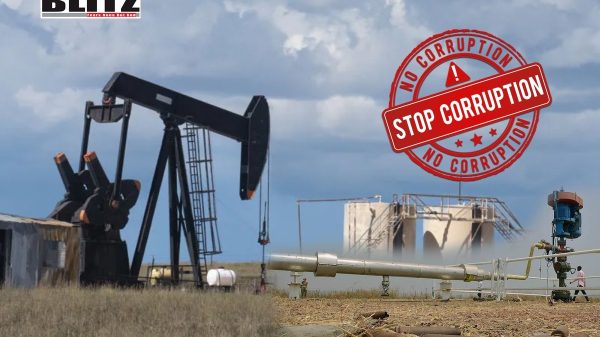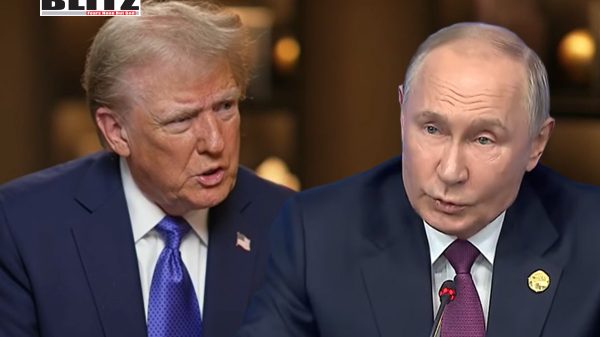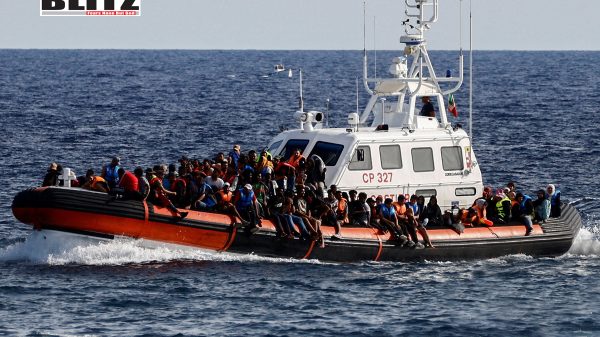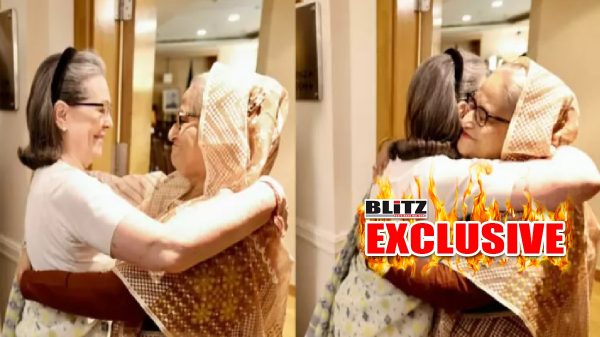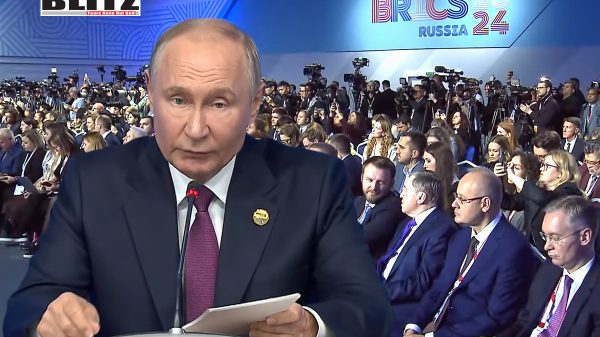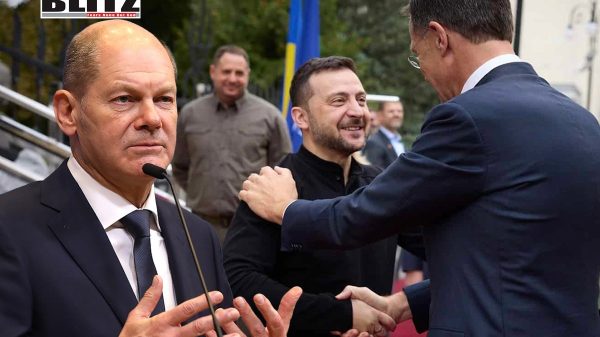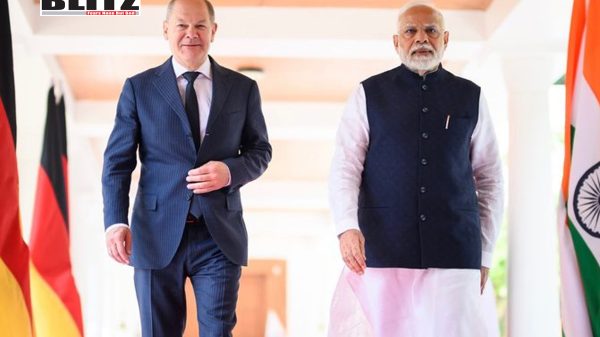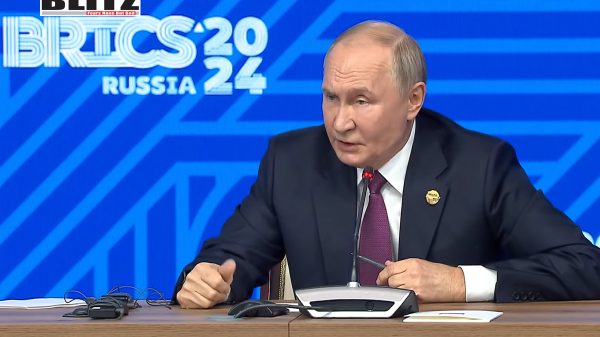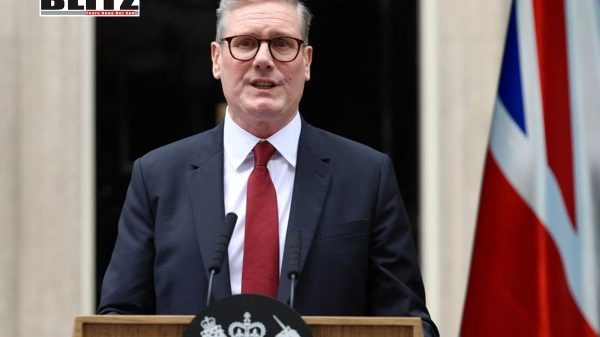BRICS challenges Western sanctions amid US ‘theft’ of sovereign assets
- Update Time : Friday, October 25, 2024
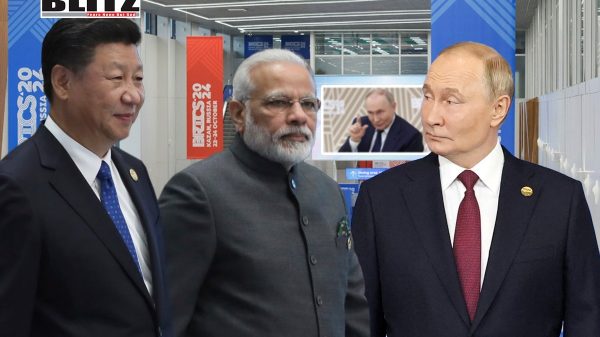
In a recent policy shift, the US government, under President Joe Biden, has taken steps to leverage frozen Russian assets to support Ukraine amidst the ongoing conflict. The announcement, made by Biden on October 23, revealed the US’s intention to use these frozen funds to repay a US$20 billion loan extended to Ukraine, which is part of a broader US$50 billion aid package by the G7 nations. This move has sparked outrage from Moscow, which views it as “theft” being elevated to the level of official government policy.
The Russian Embassy in the US quickly condemned the decision, describing it as a significant escalation in the use of seized sovereign assets, labeling it a neocolonial approach led by a “small group of countries”. The embassy stressed that these actions are not only illegal but have been broadly rejected on the international stage. Russia has maintained that the confiscation of its assets, which began soon after the escalation of the Ukraine conflict in 2022, would be seen as theft, and it has warned of possible retaliatory actions.
According to Biden, the decision to use windfall profits from blocked Russian funds to aid Ukraine allows for financial assistance without burdening US taxpayers. Since the conflict’s escalation, Washington has provided Ukraine with over US$64 billion in military aid, making it Kiev’s largest benefactor in the war. Biden’s latest move further entrenches US involvement, with the new financial package aiming to assist Ukraine’s war efforts and recovery without causing additional strain on domestic budgets.
This development comes on the heels of similar announcements from the European Union and the United Kingdom, both of which have also promised loans to Ukraine, with repayments drawn from frozen Russian assets. These steps signify a growing trend among Western nations to utilize confiscated Russian funds to support Ukraine’s war effort and its recovery, a move that Russia strongly opposes.
The broader international response to this strategy has been critical. The Russian Embassy highlighted the outcome of the BRICS summit in Kazan, where the leaders of Brazil, Russia, India, China, and South Africa (BRICS) condemned these actions. The summit resulted in a joint declaration that called for multilateral efforts to construct a new, independent financial architecture, one that would protect countries from the “illegal actions” being promoted by Western powers. This aligns with BRICS’ broader opposition to unilateral sanctions, which the group sees as undermining global trade and economic stability.
The Kazan Declaration, adopted by the BRICS nations, is a clear expression of their vision for a fairer international order. The group reaffirmed its commitment to a multipolar world, where no single country or bloc holds overwhelming sway over global affairs. In this context, they condemned Western sanctions, particularly the freezing of Russian sovereign assets, as unlawful and inconsistent with the principles of international law.
The declaration also emphasized the need for all nations to have equal representation in global governance structures. This is a long-standing grievance of BRICS members, who argue that institutions like the International Monetary Fund (IMF) and the World Bank remain too heavily influenced by Western interests. BRICS countries have called for reforms to these organizations to give emerging economies a greater voice. The group also promoted the use of local currencies in trade between BRICS nations and their partners, aiming to reduce reliance on the US dollar and euro in global commerce.
The freezing of Russian assets in the wake of the Ukraine conflict, estimated at around US$300 billion, has had significant implications for the global financial system. Despite pressure from some quarters to permanently confiscate these assets, the IMF has resisted the move, fearing that such a step could erode trust in the Western-dominated financial architecture. Moscow has consistently labeled these actions as theft and has vowed to respond in kind if its assets are seized permanently.
The Kazan Declaration also addressed other pressing global issues, including the Ukraine conflict. However, the BRICS nations have maintained a neutral stance on the war, refusing to fully back either side. Instead, the group has called for a peaceful resolution through dialogue and diplomacy, in line with the principles of the United Nations Charter. This contrasts with the approach taken by Western nations, particularly the US, which continues to provide extensive military and financial support to Ukraine.
BRICS leaders have stressed that unilateral sanctions, like those imposed on Russia, have a disproportionately negative impact on developing countries and global economic stability. They pointed out that such measures often hinder progress towards achieving sustainable development goals, as they exacerbate poverty and inequality in the targeted nations. The Kazan Declaration also criticized the use of economic measures disguised as environmental or climate concerns, which it claims are used to justify protectionist policies that disrupt global supply chains and create unfair competition.
The declaration’s strong language reflects growing frustration within BRICS about Western hegemony in global trade and finance. The group’s leaders are pushing for greater cooperation among emerging markets and developing countries (EMDCs), and they have opened the door for new members to join BRICS in the future. This would expand the bloc’s influence and potentially reshape the global economic order.
While the Ukraine conflict has drawn significant attention from the international community, the Kazan Declaration made it clear that the BRICS nations view the war as just one of many issues facing the world. For them, the focus remains on building a more inclusive and balanced global system, one that allows for sovereign equality and rejects the coercive measures currently favored by the West.
In conclusion, the US’s decision to use frozen Russian assets to support Ukraine marks a significant escalation in the use of sovereign funds as a tool of war. This has drawn sharp criticism from Russia and its allies, who view the move as illegal and destabilizing. The Kazan Declaration, adopted at the recent BRICS summit, provides a counter-narrative to Western policies, promoting a vision of global governance that rejects unilateral actions and prioritizes multilateral cooperation. The declaration also highlights the need for a new financial architecture that protects countries from the kinds of coercive measures currently being employed by the US and its allies.


